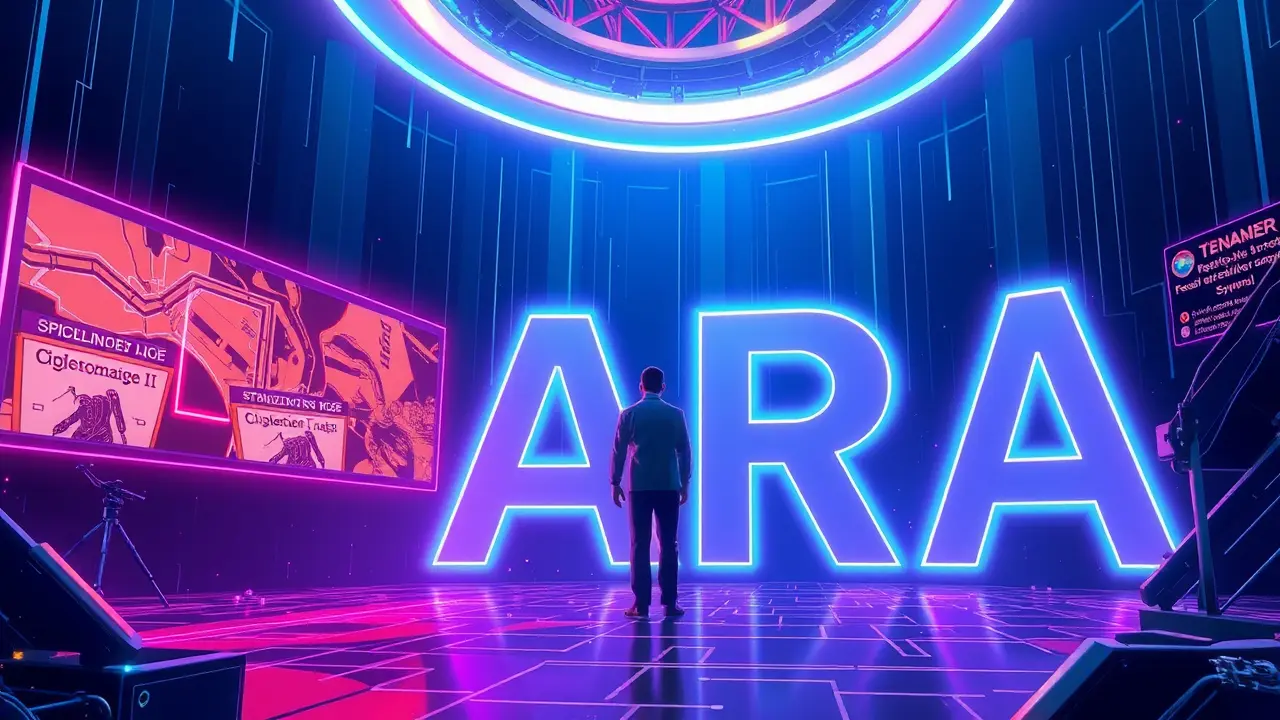Hollywood Agency Criticizes OpenAI Sora Over Copyright Use
The recent public denunciation of OpenAI's Sora by the Creative Artists Agency (CAA), a titan of Hollywood talent representation, is less a surprising skirmish and more the inevitable first volley in a protracted war over the soul of creative ownership, a conflict whose contours have been sharpening since the first algorithms learned to mimic. CAA’s forceful critique, targeting Sora’s initial use of copyrighted material as its foundational training data, strikes at the very core of the AI ethics debate that has simmered for years, pitting the breakneck pace of technological innovation against the established, and fiercely guarded, principles of intellectual property.This isn't merely a corporate disagreement; it's a fundamental clash of paradigms, echoing the foundational warnings in Isaac Asimov's robotics narratives where unintended consequences of powerful new tools demanded preemptive ethical frameworks. The agency, whose lifeblood is the monetization and protection of human creativity, is essentially drawing a line in the sand, arguing that for AI to evolve responsibly, it cannot be built upon the unlicensed and uncompensated work of the very artists, writers, and filmmakers it seeks to emulate or even displace.This confrontation forces a critical examination of the 'fair use' doctrine in the age of machine learning, where scraping the entire public internet for data is standard practice for tech giants, yet the output—a video generator capable of producing content in the distinct style of a living director—blurs the line between inspiration and replication. The stakes are astronomical, extending far beyond text-to-video models to the entire generative AI ecosystem; a decisive legal or regulatory loss for OpenAI could mandate costly licensing schemes for all training data, fundamentally altering the business model of an entire industry and potentially slowing innovation to a crawl.Conversely, a victory for tech companies that ignores the concerns of creative professionals risks devaluing human artistry, destabilizing entire sectors of the entertainment economy, and fostering a cultural landscape where original content is drowned out by an infinite, automated remix. We must consider the broader context: this is happening alongside ongoing lawsuits from authors, news organizations, and visual artists against other AI leaders, creating a mounting legal and public relations pressure that can no longer be ignored.The path forward demands a nuanced, balanced approach that Asimov himself might have championed—one that fosters the incredible potential of AI as a collaborative tool for creators, augmenting human imagination rather than replacing it, while simultaneously establishing clear, equitable rules of the road that ensure the architects of our culture are recognized and rewarded. The CAA's statement is not the end of this conversation; it is the loud, clear, and necessary beginning of a negotiation that will define the future of both artificial intelligence and human art.
It’s quiet here...Start the conversation by leaving the first comment.
© 2025 Outpoll Service LTD. All rights reserved.
